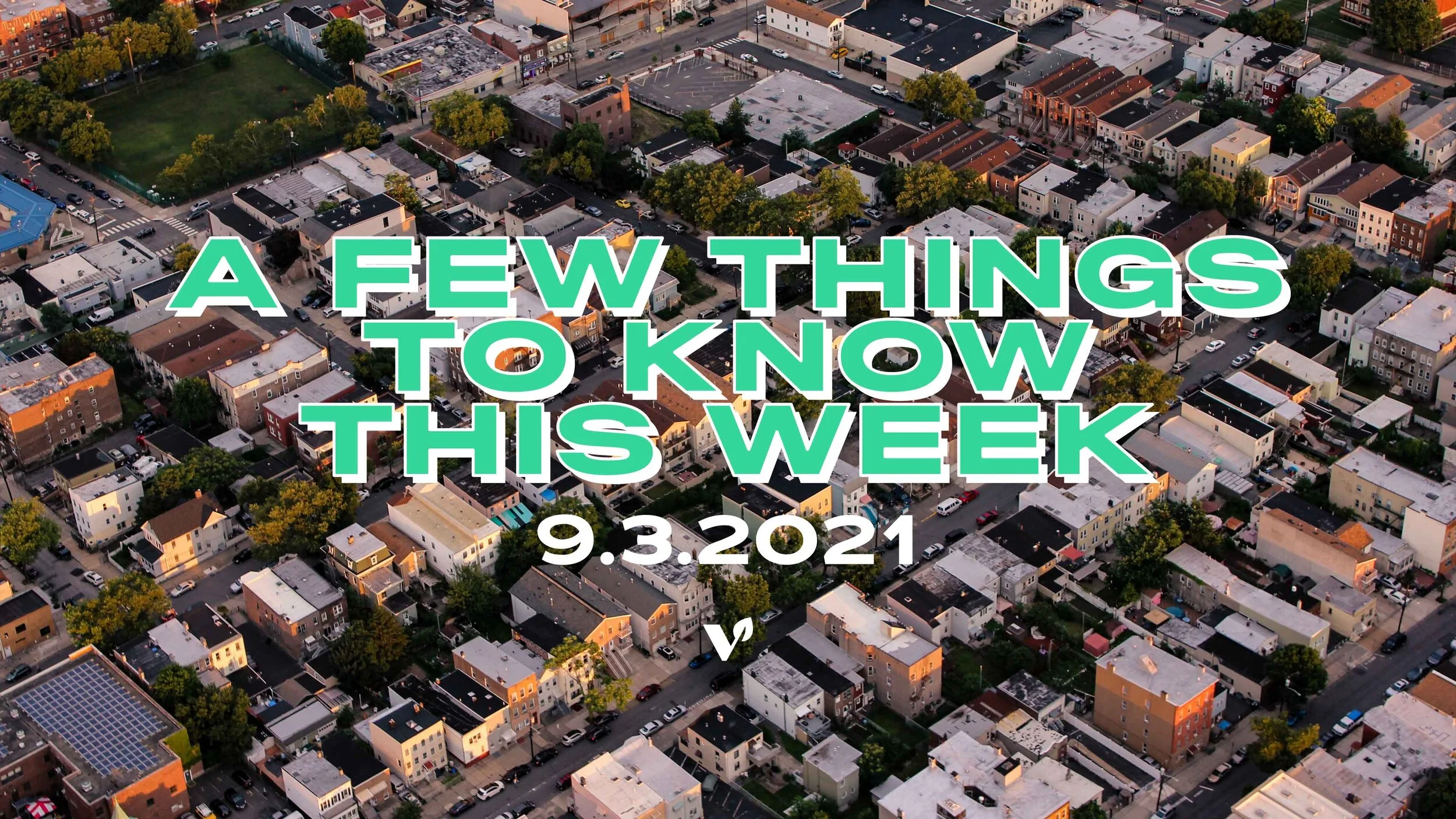A few things to know this week: August 20th, 2021
This week’s things to know:
We Ran the Rent Numbers on Portland's 7 Newly Legal Home Options
Michael Anderson over at Sightline put together a really practical and thoughtful article about all of the newly legal housing types that the City of Portland approved. Of course here at Verdunity we are thrilled whenever any city wants to make more housing legal – but the practical realities on the ground are that often a textual change in a code of ordinances is just the first step to getting more housing built. You need the market to be able to sustain the associated development costs.
Michael got together with Neil Heller, one of the faculty members at a favorite organization of ours – the Incremental Development Alliance, and they ran the numbers on all of the newly available housing types. I’ll go ahead and spoil it for you – most of them can’t be built at market rates and expect to turn a profit. But the news wasn’t all gloomy. Converting large exiting single family homes into small multiplexes works. Building a pair of attached ADU’s behind your house works. I thought the most clear takeaway listed in the article was that, if you have to tear something down to build a newly legal housing type, you’re gonna have a bad time.
If you are a passionate activist, or a progressive city leader and you are trying to make the case for allowing more housing types in your city this is a great article to share with the people making the decisions around you. It spells out very simply the types of housing that is really buildable, and thus the ones you need to allow if you expect any small, local development to start creating these assets in your community!
Smart Cities, Bad Metaphors, and a Better Urban Future
There are a ton of literary resources out there for the urban curious, if that is even a term, and this book by Shannon Mattern seems to be yet another installment in that library. The book and article are a write up on how today as technology and data obsessed people we can sometimes lose sight of what makes our places special, resilient, and sustainable. I will be interested to read it and will report back on my take aways.
How Infrastructure Decides Who Enjoys Dignity And Health
My motivation for being a planner has evolved over time, and after trying to help cities for many years, I focus more and more in my work on how cities get in their own way and don't even realize it. This piece is a great example, demonstrating how infrastructure design can discourage people from the very behaviors we say in cities we want them to take on. Design can produce shame, indignity, and even loneliness, as examples. If we aren't designing cities in ways that make them places for all people, can we really say we're doing our jobs properly? It's a question that deserves far more attention than it receives.
An Opportunity for Long-Term, Equitable Local Economic Vitality
Local small businesses are the foundation of a resilient local economy and vibrant communities. Unfortunately, the pandemic has forced many small businesses to close their doors, and many communities continue to prioritize recruitment of larger businesses and chains over emphasizing a robust Main Street. Local governments can and must play an integral role in bringing these businesses back. This article co-authored by my friend and past collaborator Kennedy Smith highlights two specific ways cities can help.
Here's the standard disclaimer: We always encourage our team members to freely share their thoughts and opinions, both in these newsletters and elsewhere. Given that, opinions expressed by any one member do not necessarily represent the views of the company as a whole.
Do you enjoy these weekly roundups? (Why wouldn’t you?) You can get them sent straight to your email inbox every Friday, if you’re into that.
Want to learn more about how fiscal analysis can help you make your city stronger financially?
We created a new sister website showcasing how we use math, maps, and money to help cities communicate your resource gap and explore ways to increase tax revenue and improve service efficiency without necessarily raising taxes.
Hey, friends in local government:
Hey, friends who love cities! If you're looking for a place to discuss these topics (and more) with like-minded peers who want to help create a more resilient community, check out our Community Cultivators Network. It's free to join, and we are currently working to build new features for our 2021 relaunch, so stay tuned! We'll arm you with the content, ideas, and support to take small impactful steps to cultivate change.





